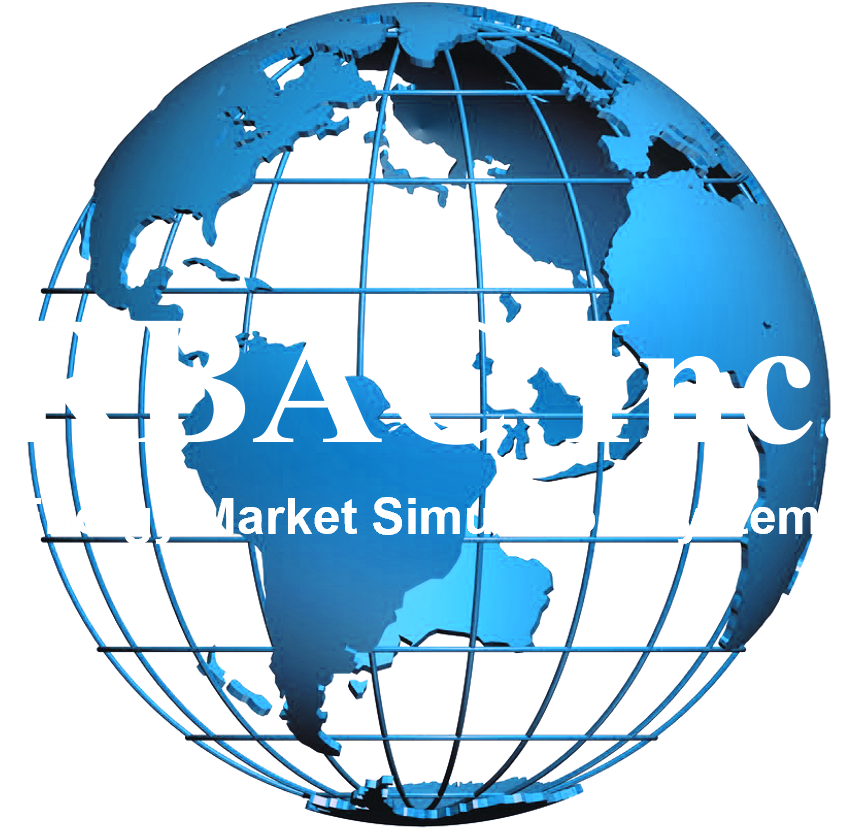Access to reliable and affordable energy remains one of the defining challenges of our time. In a recent Energy News Beat podcast, Cyrus Brooks joined Anne Atkinson Hyer, Executive Director of the Bettering Human Lives Foundation, and host Stu Turley to discuss how modern energy solutions are transforming lives across the developing world. Their conversation explored the human, economic, and environmental impact of energy poverty—and how data-driven decision-making and local entrepreneurship can help close the gap between those who have energy and those who still live without it.
The Scale of Energy Poverty
More than 2 billion people around the world live in conditions of extreme energy poverty. As Anne explained, these households rely on firewood, charcoal, or even cow dung for daily cooking, often in smoke-filled homes. This exposure is equivalent to smoking two packs of cigarettes a day and contributes to over 3 million deaths annually. Beyond health risks, the time spent gathering fuel—often five or more hours per day—limits women’s and children’s ability to attend school, work, or participate in community life. Energy poverty isn’t just about lack of electricity—it’s about lost opportunity, productivity, and dignity.
A Market-Based Path to Progress
The Bettering Human Lives Foundation, launched by Liberty Energy in early 2024, is taking a new approach to tackling this crisis. Rather than offering aid or handouts, the foundation provides low-interest loans to local entrepreneurs in Kenya, Ghana, and Zambia who distribute liquefied petroleum gas (LPG) and manufacture stoves. These businesses already understand their markets and customers—but lack the financing to expand. By offering loans at just 4% interest—compared to commercial rates of 30–40%—the foundation empowers these entrepreneurs to grow, reach more homes, and make cleaner cooking fuel accessible to more families.
Empowering Economies, Not Just Households
As RBAC’s Cyrus Brooks noted, solving energy poverty is as much about economics as technology. Providing cleaner cooking solutions isn’t only a health initiative—it’s an economic catalyst. Jobs are created for distributors, transporters, and small-scale retailers. Local economies expand as access to energy enables commerce, refrigeration, and small businesses. In a continent like Africa—the only one with a rapidly growing population—these micro-economies can scale into regional prosperity, fueling long-term development and opportunity.
Cleaner Energy, Cleaner Planet
The environmental implications of replacing biomass with LPG are profound. Deforestation, a direct result of firewood dependence, devastates ecosystems and accelerates climate impacts. Meanwhile, emissions from cooking fires exceed those of the global aviation and shipping sectors combined. Transitioning to LPG doesn’t just improve public health—it’s one of the most effective ways to reduce global emissions quickly and sustainably. Modern energy access aligns humanitarian, economic, and environmental goals in a single, scalable solution.
From Vision to Action
The cooperation and partnership between such groups as RBAC, the Bettering Human Lives Foundation, and advocates across the energy sector is represents the beginnings a movement to empower local entrepreneurs and communities with the tools and resources they need to thrive. As Cyrus put it, energy comes from the Greek word “energia”—meaning activity or work. Enabling access to energy means enabling opportunity. Through collaboration, innovation, and data-driven modeling, the global energy industry has the power not only to light homes—but to transform lives.
RBAC, Inc. has been the leading provider of market fundamental analysis tools used by the energy industry and related government agencies for over two decades. The GPCM® Market Simulator for North American Gas and LNG™ is the most widely used natural gas market modeling system in North America. RBAC’s G2M2® Market Simulator for Global Gas and LNG™ has been instrumental in understanding evolving global gas and LNG dynamics and is vital in fully understanding the interrelationship between the North American and global gas markets.


